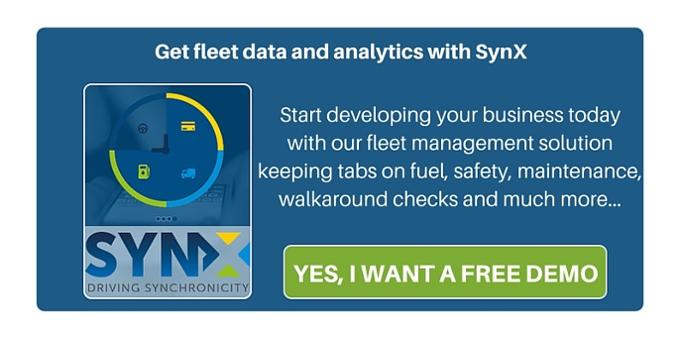
We may be approaching the very end of the line in our alphabet series of fleet management, but we will never run out of content—today we turn our attention to the letter V for Vehicle data.
Why is vehicle data so important? We are under the impression that data is very important, and this is the case across a good many industries. We might be vaguely aware of this, but as technology progresses and is becoming essential to our daily life and jobs, there is a great deal of it we can use to maximise efficiency in what we do. Today, we have extremely rapid access to potentially any type of information simply by touching the screen of our phone; and we have the power to use that information to our benefit.
If we consider the information our vehicles produce, there are plenty of things we can use to understand how to improve our processes, protect our drivers, minimise our carbon footprint or increase the lifespan of our vehicles. Using data we obtain from vehicles is crucial to having them operate efficiently and performing at their best, as is making sense of all the data available. Having data available—or the right data available—can be an invaluable tool to unlocking a competitive advantage and making a business progress quicker than expected, at least if some important points are accepted.
The right data. If you can access original vehicle data in real time, you can select what data is more relevant for you or your business. While some sets of data work as general KPIs (Key Performance Indicators) for any fleet (journeys carried out, mileage per gallon, fuel consumption and so on), some data might be especially relevant for your company or sector. You might not know in advance what data set is particularly applicable to you operation, but rather after you are able to assess the actual vehicle data available. What’s more, having such reliable information at your disposal can help you set up new KPIs.
A great deal of personalisation. Following from the first point, obtaining fresh vehicle data is a far more reliable option than making assumptions. Accessing our own streams of recorded data allows us to choose what is most important to our business; this is preferable to blindly relying on the accepted standards of the sector—which is not wrong, but might prove to be unreliable.
Understanding the data. With so much data available, it is very easy to get confused. Getting data into a user-friendly format, so as to fully appreciate the data on offer, is another essential part of the process. Streams of information obtained from vehicles can be overwhelming, but accessing them in a suitable format can help you grasp the whole picture and convert insights into meaningful events to then use to your advantage.
If you want to know more about the power of vehicle data, get in touch and see how our fleet management system works.





